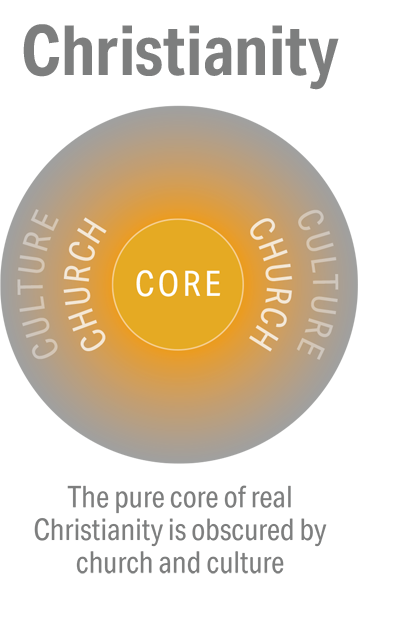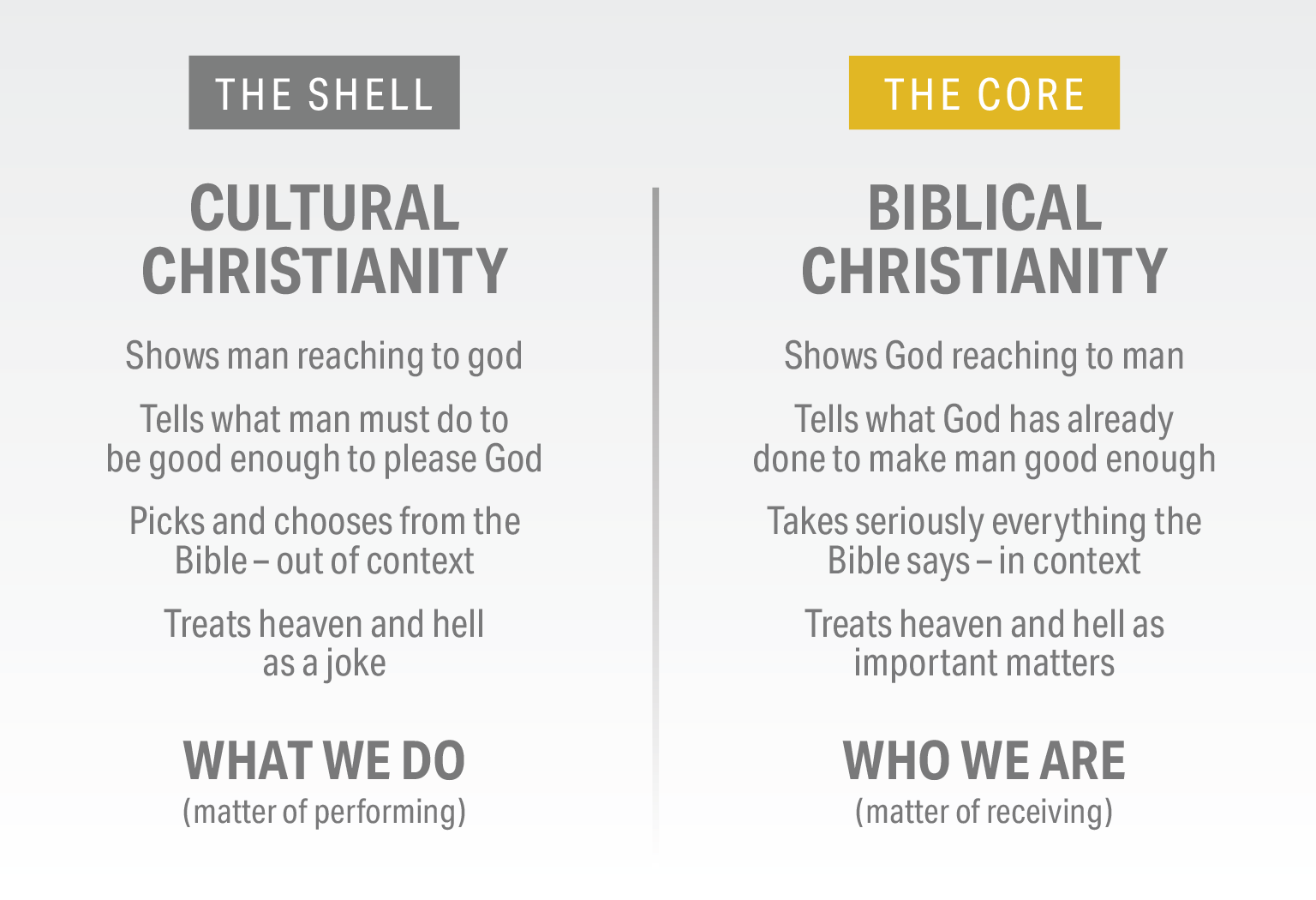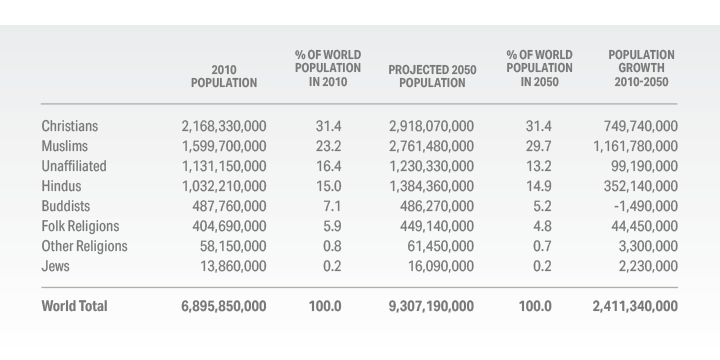THREE METHODS FOR DETERMINING TRUTH
‘Truth’ means actual reality; the way it REALLY IS, not just the way we think it is or would like it to be. Often we don’t have enough information, or our perceptions and abilities are lacking, so we believe something to be true when in fact it’s not true… or vice versa.
Because very few things can be known with 100% certainty, some degree of faith is always necessary. But faith should not be blind. It should come from a reasoned assessment of all available evidence.
There are three tests available for examining evidence in order to discover truth, as summarized below.
No one proof method can be applied to all kinds of evidence. For example, we can’t use either the scientific method or the empirical method to prove that Abraham Lincoln was President of the United States. For that, we can use only the historical method.
Because of failure to use the right proof method, some people will reject a story in the Bible because they know only scientifically (but not historically) that miracles never happen. And some people will refuse to listen for the inner voice of God because they know only historically (not empirically) that they’ve never heard him before.
As we seek to determine truth about God, we should test our evidence by all three proof methods, used properly.
SCIENTIFIC METHOD
The scientific method is the most objective method for determining truth. By this method, a hypothesis is formulated and then repeatedly tested. When results always confirm the hypothesis, we know the hypothesis is true. However, the scientific method can be used only in proving repeatable physical events. It’s not appropriate for determining truth about occasional or non-physical events.
HISTORICAL METHOD
Since most events can’t be repeated in a controlled environment, we must rely on the historical proof method for most of our knowledge. We can’t establish absolute truth by this method, but by it we can usually establish that something is true beyond reasonable doubt. We do this by gathering testimony (what others tell us) and then by determining what are the most probable explanations for the evidence we find.
EMPIRICAL METHOD
Some things we know only from personal observation or experience. For example, this is how a person knows he’s in love. He knows what he sees and hears, and how he feels, and no amount of outside theory from others can overcome that inner experience. For an individual, this is usually the most convincing method of proof.
This resource uses all three proof methods. For example:
- SCIENTIFIC (Topics 20 and 26)
- HISTORICAL (Topics 21-25)
- EMPIRICAL (Topic 7)
WHAT PEOPLE HAVE FOUND IN THEIR SEARCH FOR TRUTH
Topics 11-15 give an overview of what people around the world have found in their search for truth regarding the meaning and purpose of life.
Unfortunately, most people haven’t searched very carefully. In fact, most people are too busy to give it much real thought at all. Even religious people typically get their faith more from culture and tradition than from investigation.
A third of the people of the world have come to believe that, somehow, Jesus Christ and the Bible are keys to understanding the meaning and purpose of life. However, most of them don’t understand how it all ties together or what they need to do.
The calculations here, from census and survey data, reveal that only a small percentage of the world’s population – probably only about 5% – are really Christians in the true sense of the word (defined and described from the Bible in the remaining Topics in this site).
Most people have never heard the full information presented in this resource. Those who have discovered it are the most privileged people in the world. They understand what God is doing and have put their life in harmony with him. With love for people, they hope that others, too, will search for truth and find the same wonderful fulfillment.
QUESTION:
Approximately what percent of the world’s population has discovered that God offers new life through personal faith in Jesus Christ?
ANSWER:
Only God knows for sure, but apparently only about 5%.
It’s not that 95% have rejected... most have not yet heard, or have never really understood, the good news in the Bible! Properly understood, everyone wants the new life that God offers.

CALCULATION NOTES:
Children under age six have been grouped in a separate category because generally they don’t yet possess enough understanding to make an informed individual spiritual decision (as distinguished from family decision).
‘Christian religion’ includes all people age six and above who respond in census inquiry that they regard their religion as Christian. ‘Practicing Christians’ are those who say they’re affiliated and involved in some way in the life of a church.
In numerous surveys throughout the world, on average about 40% of practicing Christians say they’ve had an unmistakable personal encounter with God through faith in Jesus Christ. The 40% has been arbitrarily reduced here because it seems that a sizeable proportion of people confuse a particular emotional experience with real life-change.
Those who have experienced real life-change use different words and expressions to describe it (including saved, born-again, accepting Jesus, converted, redeemed). They say their spiritual experience is accompanied by forgiveness of sin, peace with God, new spiritual understanding and intimate communication with God. Spiritually speaking, a whole new life! For lack of a better term, these people are identified above simply as ‘Christians (Biblical, New Life).’
Data on this page was compiled from WORLDOMETER and WORLD CHRISTIAN ENCYCLOPEDIA (1992-2023).
David B. Barrett, Editor, Oxford University Press, London
People’s Beliefs Topics
WHAT PEOPLE HAVE FOUND IN THEIR SEARCH FOR TRUTH
Topics 11-15 give an overview of what people around the world have found in their search for truth regarding the meaning and purpose of life.
Unfortunately, most people haven’t searched very carefully. In fact, most people are too busy to give it much real thought at all. Even religious people typically get their faith more from culture and tradition than from investigation.
A third of the people of the world have come to believe that, somehow, Jesus Christ and the Bible are keys to understanding the meaning and purpose of life. However, most of them don’t understand how it all ties together or what they need to do.
The calculations here, from census and survey data, reveal that only a small percentage of the world’s population – probably only about 5% – are really Christians in the true sense of the word (defined and described from the Bible in the remaining Topics in this website).
Most people have never heard the full information presented in this handbook. Those who have discovered it are the most privileged people in the world. They understand what God is doing and have put their life in harmony with him. With love for people, they hope that others, too, will search for truth and find the same wonderful fulfillment. (See Topic 90.)
QUESTION:
Approximately what percent of the world’s population has discovered that God offers new life through personal faith in Jesus Christ?
ANSWER:
Only God knows for sure, but apparently only about 5%.
It’s not that 95% have rejected... most have not yet heard, or have never really understood, the good news in the Bible! Properly understood, everyone wants the new life that God offers.
CALCULATION NOTES:
Children under age six have been grouped in a separate category because generally they don’t yet possess enough understanding to make an informed individual spiritual decision (as distinguished from family decision).
‘Christian religion’ includes all people age six and above who respond in census inquiry that they regard their religion as Christian. ‘Practicing Christians’ are those who say they’re affiliated and involved in some way in the life of a church.
In numerous surveys throughout the world, on average about 40% of practicing Christians say they’ve had an unmistakable personal encounter with God through faith in Jesus Christ. The 40% has been arbitrarily reduced here by one-third – to 27% – because it seems that a sizeable proportion of people confuse a particular emotional experience with real life-change.
Those who have experienced real life-change use different words and expressions to describe it (including saved, born-again, accepting Jesus, converted, redeemed). They say their spiritual experience is accompanied by forgiveness of sin, peace with God, new spiritual understanding and intimate communication with God. Spiritually speaking, a whole new life! For lack of a better term, these people are identified above simply as ‘Christians (biblical, new life).’











 The word ‘Christian’ means different things to different people. This causes communication problems because the word evokes stereotypes and emotions which distort the message. The difficulty is compounded because there are no synonyms and because repeated definition is cumbersome and impractical.
The word ‘Christian’ means different things to different people. This causes communication problems because the word evokes stereotypes and emotions which distort the message. The difficulty is compounded because there are no synonyms and because repeated definition is cumbersome and impractical.





